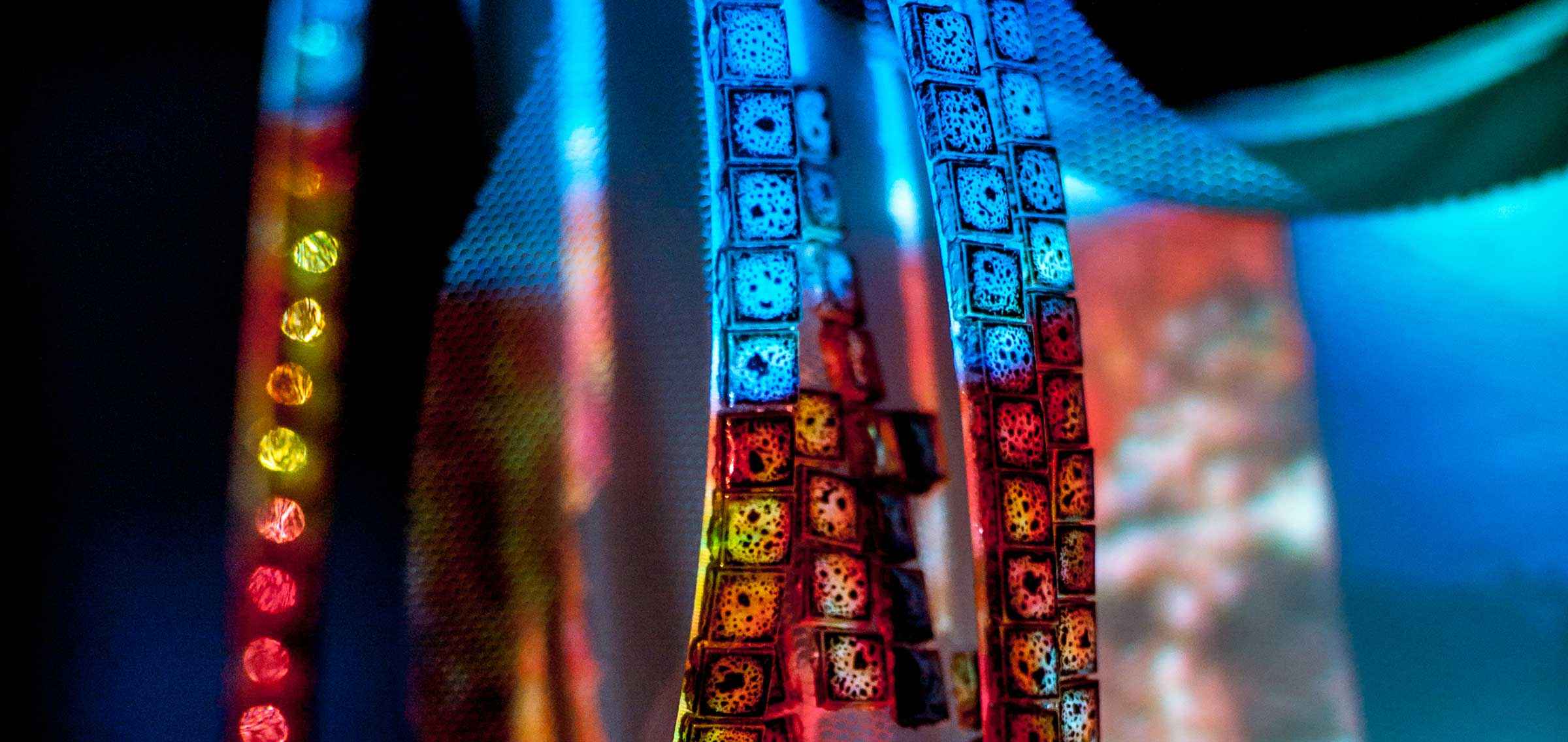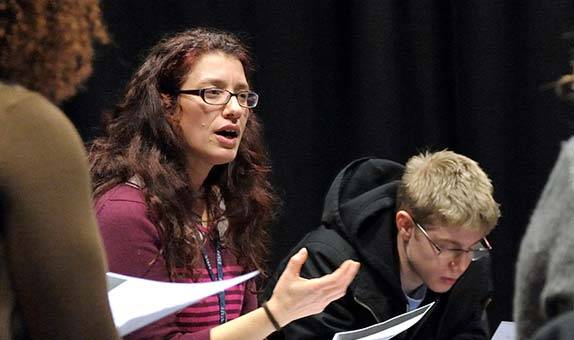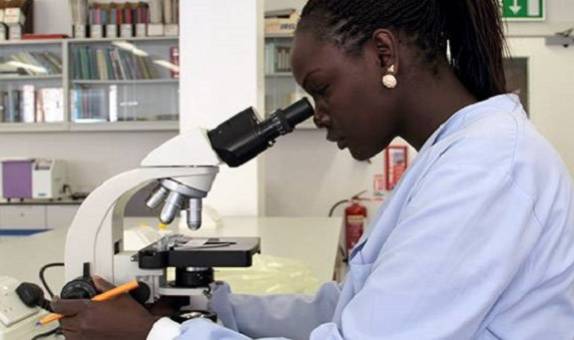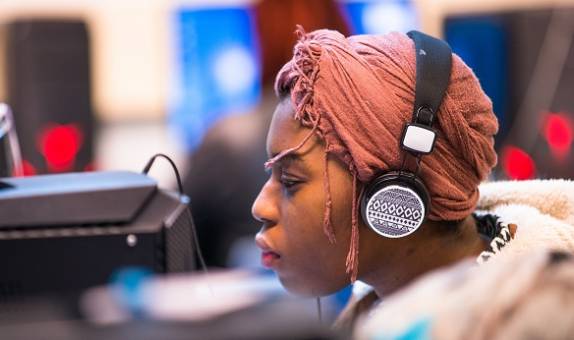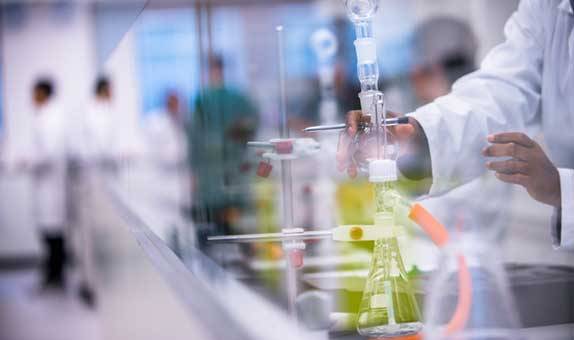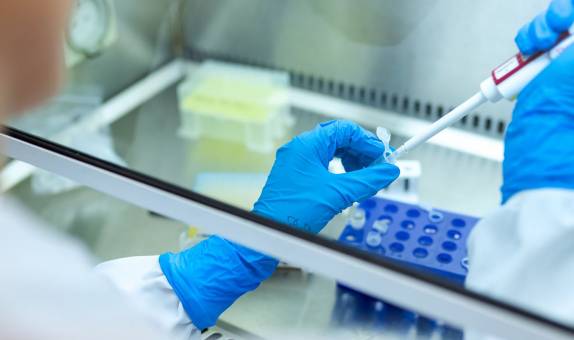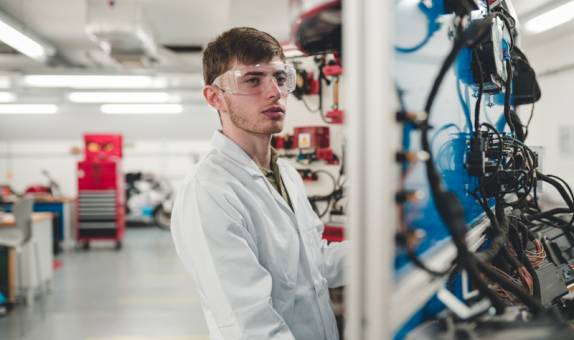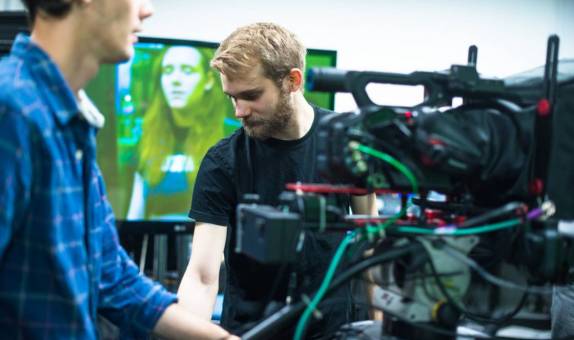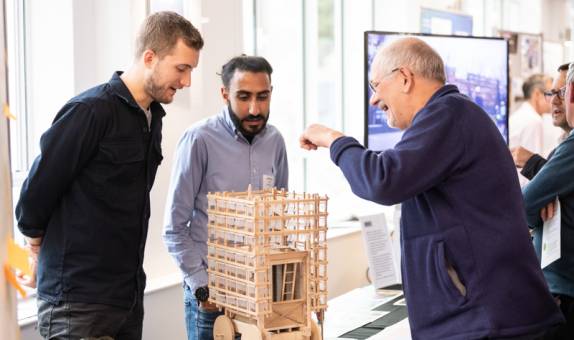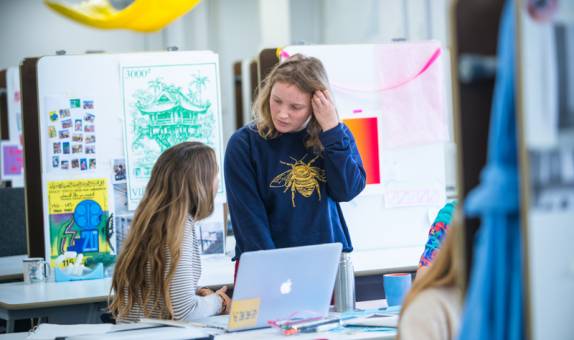Computer vision technology transforming future of public events and opening up new era of smart farming
Research by Professor Paolo Remagnino and the Robot Vision Team has brought technological, environmental and economic impacts to urban and rural settings in the UK, Italy, France, Germany and Denmark.
Computer vision is the scientific field that studies how machines can learn how to see and understand the visible world. It can provide automated, real-time insights about people, objects and the environment. Advances in object detection and classification, as well as complex counts of people and objects and activity identification, enable smart technologies to be deployed through fixed sensor arrays, drones and wearable devices in a wide range of application domains.
Professor Remagnino and his Robot Vision Team (ROVIT) have advanced diverse aspects of computer vision.
Supported by a three-year Horizon 2020 grant (the MONICA project) and working with a range of national and international companies, Professor Remagnino's work addressed societal issues such as the management of crowds in public spaces. Pilot studies looked at security in Turin's San Salvario district, provided an interactive map detailing crowded areas during rugby matches at Headingley Stadium in Leeds, and supplied up-to-date information about people in Bonn's Pützchens Market and the Rhine in Flames fireworks event.
The MONICA project analysed environmental noise and anti-social behaviour in public places, by collecting large quantities of data from a variety of devices, involving 143,000 end-users. This technology was employed to enforce security at rock concerts in Copenhagen's Tivoli Gardens. This technology has had economic impact, cutting costs and ensuring financially feasible solutions to common public surveillance problems.
Smart farming applications:
At the Royal Botanic Gardens in Kew, Professor Remagnino developed methods for classifying plants using advances in pattern recognition algorithms. With funding from the Innovate UK 5GRIT project, he studied novel smart farming applications, including 5G technology and automatic aerial vehicles that carried cameras to stream to Kingston University servers and analyse the acquired video data for livestock monitoring. In the same 5GRIT project, crop monitoring methods were devised.
Farmers in the north Pennines and North Yorkshire have embraced this technology to keep track of their arable crop health and monitor livestock.
Among other benefits, it has helped farmers guide fertiliser application, identify where sheep are and observe remotely any animal in distress and in need of medical intervention, resulting in improved animal welfare, reductions in medical costs, time savings, and increases in crop yields and income.
The research of Professor Remagnino and ROVIT has pioneered a variety of practical applications of computer vision, advancing security and safety and bringing economic, welfare and ecological benefits for farmers.
Contact us
- For non-student research enquiries, email the Research Office
- For research impact and REF enquiries, email the REF and Impact Team.
- Research contacts
- How to get to Kingston University
